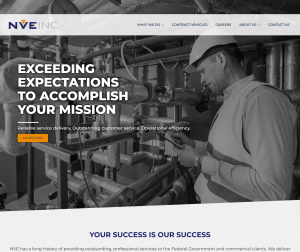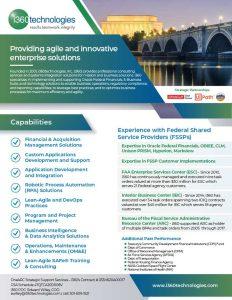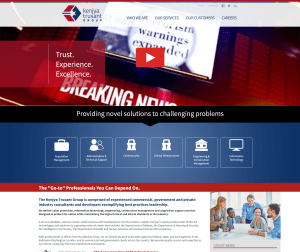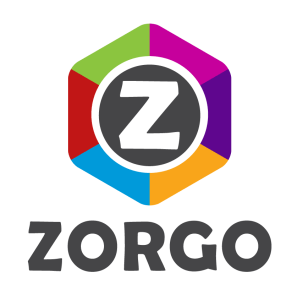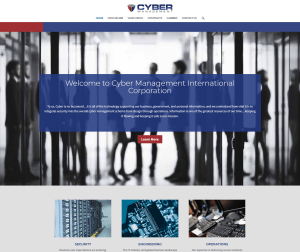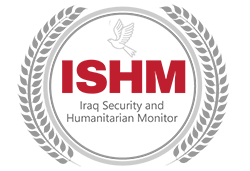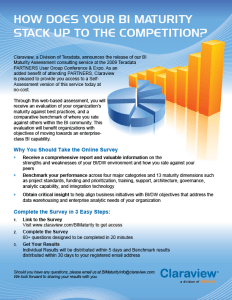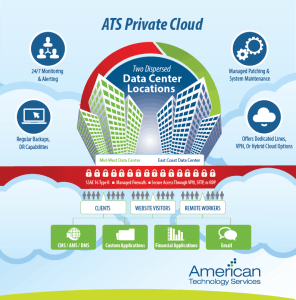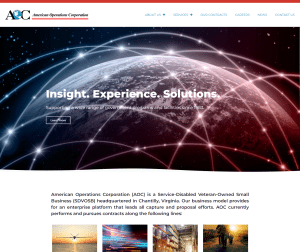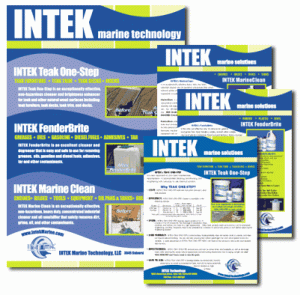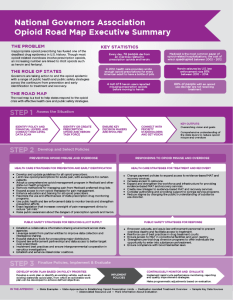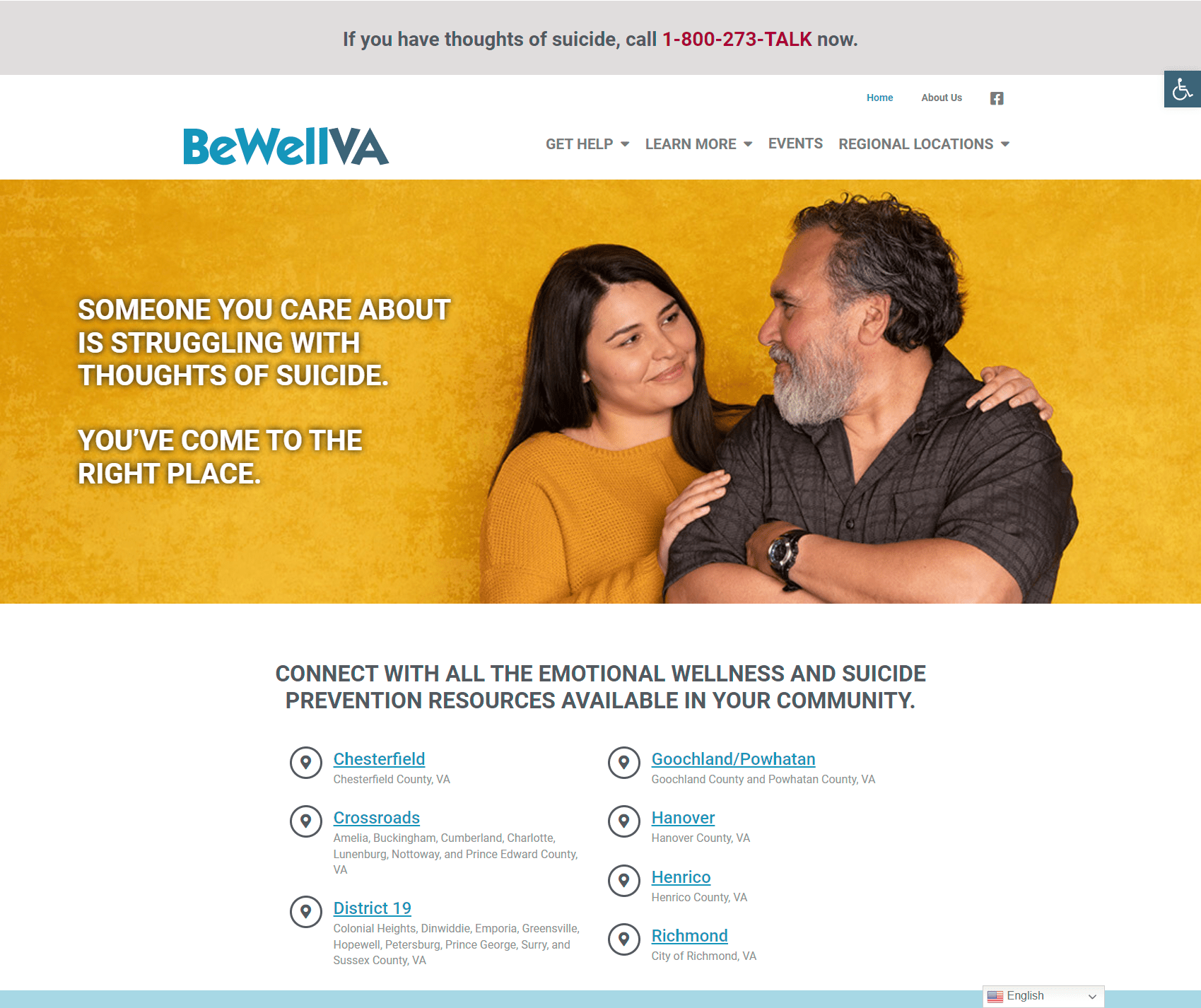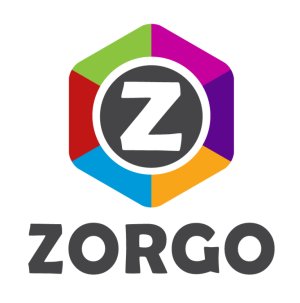Secure Sockets Layer or SSL is a security technology used to establishing an encrypted link between a browser and a web server. An SSL Certificate is used to create an SSL connection to a web server and, while primarily used to secure web servers, can also secure email servers, file transfers and other data connections.
Who needs an SSL Certificate?
Any website that needs to encrypt information passing from the web server to a browser needs an SSL Certificate. This encryption can ensure sensitive data (like credit card information) and can also give assurances to your customers that any information they submit is safe and that the website is trustworthy.
If you are running an e-commerce website, you’ll most definitely need an SSL Certificate. However, there are other instances where you might need SSL too. For example, if you have subscriptions or log in pages (where users enter a username and password), or where users enter personal information (name, address, telephone, etc.) you may also want to consider adding the additional level of security to your site that SSL adds. If you collect information from your customers, you might also consider installing and using an SSL Certificate on your website.
So, where do you get an SSL Certificate?
SSL Certificates are issued from “Certificate Authorities”. Certificate Authorities are thrid party organizations that issue digital SSL Certificates and, in doing so, certifies the ownership of the named certificate. Basically, they review the credentials and verify the identity of the owner of an SSL certificate used on the internet.
There are different types and levels of validation of SSL Certificates
- Extended Validation (EV) SSL Certificates:
EV Certificates employ the highest class of SSL available today. With EV SSL Certificates, the Certificate Authority checks the right of the applicant to use a domain name plus it conducts thorough vetting of the organization. This vetting includes verifying the legal, physical, and operational existence of the entity, verifying that the identity matches official records, verifying that the entity has the exclusive right to use the domain name specified in the certificate, and verifying that the entity has authorized the issuance of the certificate. EV Certificates allow a website to utilize “HTTPS” in the browser bar (showing that the connection between the browser and the server is secured via SSL), activate a browser padlock (again, showing that the connection is secure), and allow for high security, modern browsers to identify EV Certificates with enhancements such as a Green Browser Bar. - Organization Validation (OV) SSL Certificates
OV Certificates provide instant identity confirmation and SSL protection for a website and business. With OV Certificates, the Certificate Authority checks the right of the applicant to use a domain name and it conducts some vetting of the organization. The information obtained during the additional vetting of the company is displayed to customers who click on the security seal. OV Certificates allow a website to utilize “HTTPS” in the browser bar (showing that the connection between the browser and the server is secured via SSL) and activate a browser padlock (again, showing that the connection is secure). - Domain Validation (DV) SSL Certificates
DV Certificates are the most economical and quickest way to secure a website. With DV Certificates, the Certificate Authority checks the right of the applicant to use a specific domain name. DV Certificates allow a website to utilize “HTTPS” in the browser bar (showing that the connection between the browser and the server is secured via SSL) and activate a browser padlock (again, showing that the connection is secure).
If you are interested in securing your website with SSL, contact us for more information. We’ll be glad to help you obtain and install an SSL Certificate for any website you host with Charlotte’s Web Studios.

